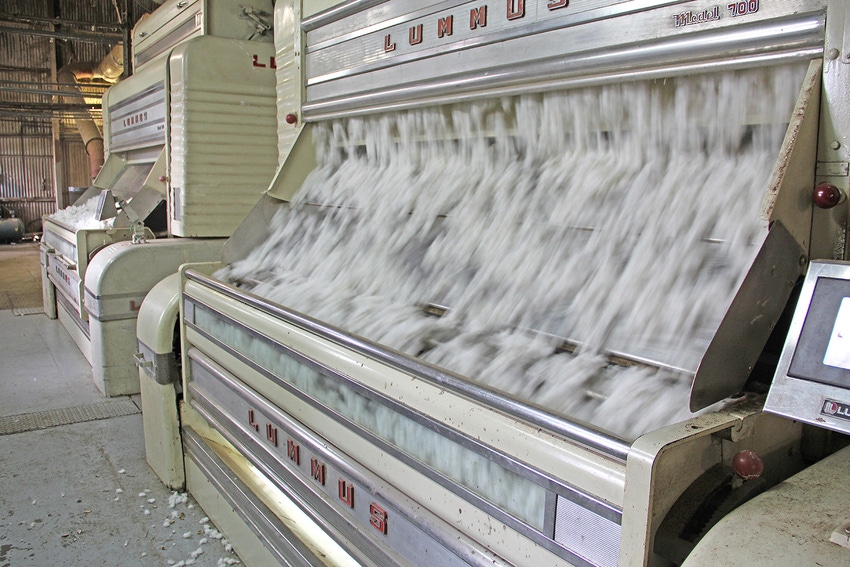
Due to uncertainties surrounding COVID-19 the National Cotton Ginners Association has cancelled the remaining 2020 Ginner Schools in Stoneville, Miss., and Mesilla, N.M.
Initially, as the situation with the virus was developing, NCGA canceled the Southwest Ginners' School in late March. The school is usually held to coincide with the Texas Cotton Ginners Association Gin Show in Lubbock, Texas, which was also canceled due to the virus.
Because of the continued uncertainty surrounding the national emergency, the schools in Stoneville, Miss., June 2-4 and Mesilla, N.M., July 28-30, have also been canceled.
In a release NCGA Executive Vice President Harrison Ashley stated, "this was a difficult decision, but we cannot plan when there are so many unknowns and unanswered questions. Even if re-openings occur, the phase-in protocols will require limiting meeting size and limit what is considered non-essential travel. It is hopeful that we will resume our schools in 2021."
The schools, in addition to teaching gin safety, lay a foundation of basic cotton gin knowledge, build on that to more advanced ginning technologies and then offer continued education to keep current with the latest industry updates as needed.
Certification through the gin schools is a three-year process. Three progressive levels run concurrently for three consecutive days. Certification takes place upon the completion of the third level and after the successful passing of a comprehensive exam. In addition, certification also requires completion of a Red Cross first aid course and at least three years’ experience in ginning. Upon certification, there is a continuing education requirement. The continuing education component is offered each year and covers current issues important to ginners. The continuing education component is offered each year and covers current issues important to ginners.
Tim Price, Executive Vice President of the Southern Cotton Ginners says that the decision to cancel the schools was an agonizing one because of the importance of interaction and information sharing.
"Various industry representatives present a lot of good information at the school which attendees wouldn't otherwise see," says Price.
Gary Hayes of Caruthers Gin in Caruthersville, Mo., agrees, "The guys that do all the actual work in the gin get to meet other people and can talk about problems in the gin one on one. It's pretty social and they learn together how to be better ginners."
"We generally send a group of guys every year," says Hayes. "I think I went my first time in 1992 or 1993. I still go to catch up on everything that's going on."
Due to the cancelations, Ashley and Price are recommending that gin managers use the online resources through the NCGA website to keep up with ginner education needs.
"There's a world of safety publications on the website, including safety lesson plans," says Ashley. "In addition, there are videos for other things, including a new video on bale press and warehouse safety. There's a lot of information that is available for help and training before the season starts."
NCGA is also stressing how important it is to keep cotton contamination free and have several videos on unwrapping modules to keep plastic out of the gin. In addition, there is a multichapter video available that covers all aspect of round modules from the harvester, module staging and hauling, ginning and wrap removal.
"It's something we're still pushing the gins to continue to show their farmers, harvester operators, module haulers and gin employees," says Ashley.
Go to cotton.org/NCGA for more information on furthering ginner education.
Gin Safety Program training materials are also available from Southern Cotton Ginners. See section 11 in the Safety Manual for training program handbooks.
About the Author(s)
You May Also Like






